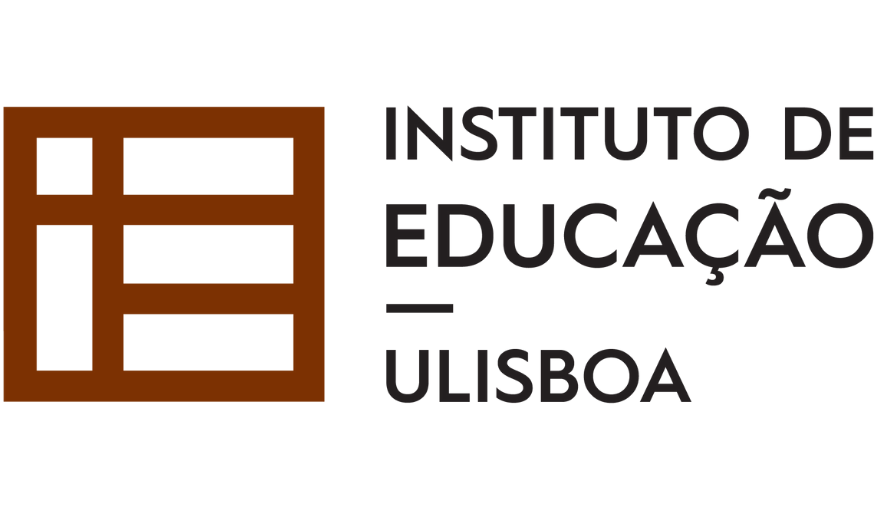Shifting Teaching and Organizations in Higher Education within a Reform Movement (STORM)
Jorge Ramos do Ó
Ana Luísa Paz
Ana Paula Caetano
António Henriques
Carolina Carvalho
Feliciano Veiga
Fernando Costa
Joana Viana
Leonor Santos
Luís Alberto Marques Alves
Maria João Mogarro
Mariana Gaio Alves (Co-IR)
Marta Almeida
Tatiana Sanches
Tiago Almeida
Tomás Vallera
Escola Superior de Educação de Lisboa (ESEL/IPL)
Faculdade de Letras da Universidade do Porto (FL/UP)
The project focuses on teaching work, most notably on pedagogical practices in Portuguese universities and polytechnic institutes, under the effect of the reform measures introduced in 1999 by the Bologna Declaration with a view to creating the European Higher Education Area (EHEA) until 2010. Since then, Higher Education institutions (HE) have undergone a genuine Copernican revolution in teaching and learning processes, which has had a considerable impact on teachers’ work. Bologna established the idea according to which HE students should not only be the main target of teaching, but also the active builders of their own learning processes. To this end, it explicitly stipulated abandoning the old system of passive education based exclusively on the acquisition of knowledge, in order to invest in the overall activity and skills young people should acquire. The emphasis shifted to the capacity teachers should display in projecting and responding to the educational needs of students.
For the team, it is a matter of understanding how Portuguese teachers have been (re)configuring the pedagogic innovation imposed by public policy regarding HE. This diagnosis stance, based on the knowledge of existent conceptions and practices, serves the strategic purpose of affirming Pedagogy as a fundamental field in research and HE teacher training, and aims to bridge the gap separating Portugal from the large majority of EHEA countries (Veiga & Amaral, 2012). Recognising this backwardness, as well as attempting to overcome it, are focal points for this team whose work in HE pedagogy research and in creating organisational structures for teacher training in Portugal has been quite significant.
The project is rooted in the recommendations of European governments and of various international bodies, as well as on the analysis carried out by HE research itself. There is today a consensus on the need to strengthen teacher training supply and produce further knowledge on teaching work itself as a condition to ensure the effective paradigm shift enshrined in the Bologna Declaration.
There is no doubt that the quality of HE has been extensively debated and that the need to improve the thinking and skills of HE teachers is now recognised as an essential task (Postareff et al., 2007; Esteves 2010; Tardif, 2000; Kwiec, 2019). It is also a fact that many initiatives have been proposed for HE institutions to develop concrete actions for the professional development of teachers (Saroyan & Frenay 2010). However, a number of authors have noted that those initiatives are still insufficiently informed by solid studies on teaching in the context of HE and that more research is needed (Coffey & Gibbs 2000; Pickering 2006; Čirić, 2016).
In fact, studies on academics seem to be few and far between, and when they do exist, it is rather knowledge about their respective research activities that is favoured, while matters related to teaching remain largely neglected (Tigh, 2019). Moreover, such studies are usually rooted in sociology of science and professions frameworks, as well as on quantitative methodological approaches that favour extensive data collection, allowing for comparative analyses between European countries (Kwiec, 2019). Alternatively, this project strives to understand academic teaching work in specific HE institutions (comprising two universities and two polytechnic institutes in Lisbon and Porto).
The team has set out with two main questions: “How were teachers’ curricular and pedagogical practices in HEI (universities and polytechnic institutes) (re)configured as a result of the teaching-learning paradigm shift embodied by the Bologna Process? How do teacher professional development processes correlate with this (re)configuration?”
To this end, interpretative frameworks drawn from the sciences of education and a mixed methodological approach that combines both extensive and in-depth information gathering have been mobilised. This includes four levels of analysis (international/supranational, national, institutional, individual). The team can draw on an understanding of this subject in its individual and organisational dimensions, by exploring how teachers in specific HE institutions think and act, as part of a comprehensive attempt to search into meanings and actions.
This methodological option will allow the team to produce a set of recommendations to be addressed to national educational authorities in regards to the pedagogic training of teachers. It will also allow it to produce substantive knowledge on the aforesaid recommendations, favouring the pedagogic reflection and training of HE teachers in general and of participating institutions in particular.
10/2020 – 09/2023
